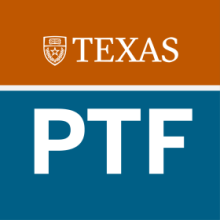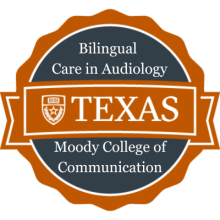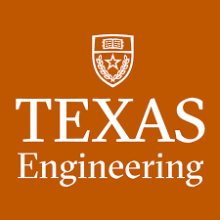Improving Teaching and Learning

Scientific and Technical Writing for Experiential Learners and Instructors
Every writer needs a toolkit tailored to their profession or discipline. Student and instructor needs are not being met as it pertains to training and support for the development of scientific and technical writers.

Archived Initiative
This initiative has been archived in compliance with University policies and legal requirements related to communications and web presence. If you have questions about this initiative, or any others, please reach out to the Center for Teaching and Learning for more information.

Archived Initiative
This initiative has been archived in compliance with University policies and legal requirements related to communications and web presence. If you have questions about this initiative, or any others, please reach out to the Center for Teaching and Learning for more information.

Archived Initiative
This initiative has been archived in compliance with University policies and legal requirements related to communications and web presence. If you have questions about this initiative, or any others, please reach out to the Center for Teaching and Learning for more information.

Archived Initiative
This initiative has been archived in compliance with University policies and legal requirements related to communications and web presence. If you have questions about this initiative, or any others, please reach out to the Center for Teaching and Learning for more information.

Improving Learning, Prioritizing Student Engagement, and Enhancing Identity Formation Through Hands-on Classroom Demonstrations
This project studies the benefits of implementing tailored hands-on experimental classroom demonstrations to highlight real-world applications of concepts in lecture-based courses. The motivation for this work stems from the limited opportunities undergraduate engineering students have to visualize contemporary applications discussed in core courses as well as to develop engineering-based intuition before the junior year.

Collaborative Learning Between Designers & Developers
User experience (UX) designers in industry create design prototypes and hand them off to software developers to implement in code which is returned to the designers for feedback. Typically, designers follow an iterative cycle comprising the circle of design, prototype, and test. This cycle is repeated until the product meets the desired user experience.

Bilingual Training Program in Audiology (Digital Badge)
The majority of the clinical population served at the UT Speech and Hearing Center is Spanish-speaking, yet there is no audiology-specific training for students providing care. This program provides targeted training for audiology graduate students to best serve their Spanish-speaking patients. The culmination of this experience results in a digital badge provided by the Moody College of Communication, which can be viewed here.

Additional Grant Funding (Cockrell School of Engineering)
Alongside Dr. Berkin Dortdivanlioglu, PTF Krishna Kumar received a grant from the Cockrell School of Engineering to use AI for personalized tutors in their introduction to programming course. They have since built a personalized tutor for this course, which is available for students privately. They are now in the process of making the tutor public through the Texas Advanced Computing Center (TACC).

Preliminary Study on Teaching an Engineering Course Through Murder Mysteries (ASEE Gulf-Southwest)
PTF Krishna Kumar presented this paper at the American Society of Engineering Education (ASEE) Gulf-Southwest Section Annual Conference in March 2023. This paper discusses usage and results of the Murder Mystery-style assignments Kumar has developed as part of his PTF Initiative.
Read the complete paper <here,> or find the abstract below.

